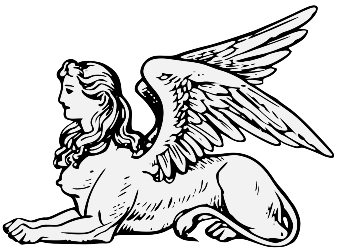
Svarog (Old Church Slavonic: Сваро́гъ, Russian: Сварог, Polish: Swaróg) is a Slavic deity known primarily from the Hypatian Codex, a Slavic translation of the Chronicle of John Malalas. Svarog is there identified with the Greek God Hephaestus, and as the father of Dažbog, a Slavic solar deity. On the basis of this text, some researchers conclude that Svarog is the Slavic god of celestial fire and of blacksmithing.
Since His cult was very strong among all Slavic tribes, it's not known if He was Chief God of all Slavs. However there is legend that in dream, he forged the Sun on Alatyr stone and gave it to His son Dažbog. And from sparks, He created all other Gods and gave them their purpose that we know today. He rules over Prav - one of three realms that is known as realm of Gods and spirits of dead. His awakening would mark the end of the world.
Alternative names would be Rod and Usud.
Slovakian saying goes like this:
''in the beginning, there was nothing except God. He slept and dreamed, seemingly into infinity. But it is decided that someday, He will wake up...''
Svarog's symbol
His symbols are Kolovrat and Swastika. Unlike Swastika used by nazi Germany in pre-WW2 and during WW2 eras, Slavic swastika represents the Sun itself and infinite cycle of life and death, therefore it is considered the most sacred of all symbols used in Slavic faith.

One of two representations of Slavic Swastika. Another one has 4 edges.
